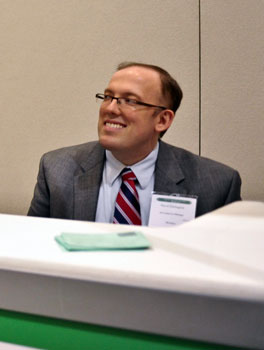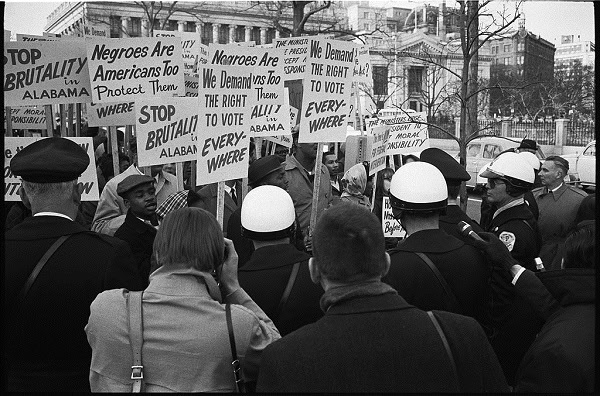The Langum Project for Historical Literature recently announced the winner of its annual prize in legal history/legal biography for 2001. The prize is given to the best university press book in legal history or legal biography published in the preceding year that makes the American past more accessible to the general educated public. The 2001 winner is Elizabeth Urban Alexander for Notorious Woman: The Celebrated Case of Myra Clark Gaines, published by Louisiana State University Press. Alexander teaches at Texas Wesleyan University.
Notorious Woman recounts the sensational tale of Myra Clark Gaines (1804?–1885), who, at age 25, discovered that she was the daughter of one of the richest men in America, Daniel Clark. This began a lifelong struggle in the courts to prove that she was a “legitimate” heir to Clark and thereby entitled to four-fifths of the Clark fortune. For 50 years, Myra Clark Gaines battled with the executors of Clark’s will, winning the sympathy of many 19th-century Americans in the process due to the soap opera-like details of her situation. Although Gaines recovered only a small fraction of the Clark fortune, her case is celebrated as a landmark in legal and women’s history.
In a press release, David Langum Sr., the director of the Langum Project, said that Alexander “has succeeded in imposing order on a truly massive amount of materials that document more than 50 years of litigation over Myra Gaines’s New Orleans inheritance. The difficulty of creating a short, coherent account out of court records, correspondence, and newspaper accounts is enormous; her research and scholarship is impressive.” Alexander “made sense out of this Louisiana version of Bleak House, [and] has also created a well-written, direct, and fascinating narrative.”
Alexander will be awarded the prize, which includes a $1,000 honorarium, in a ceremony at the central branch of the Birmingham Public Library in Birmingham, Alabama, on March 9, 2002. The program will include remarks by Professor Alexander and questions from the audience.
The Langum Project was founded by David Langum Sr., out of the conviction that too many historians write only for each other’s reading and not for the general educated public. According to the project’s press release, in order for books to be eligible for the Langum Prize in Legal History/Legal Biography, they must be “accessible to the general, educated public, rooted in sound scholarship, and with themes that touch upon matters of general concern to the American public, past or present.”
–


